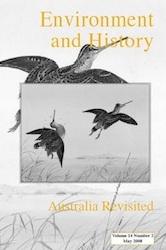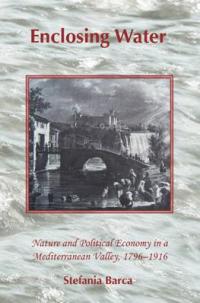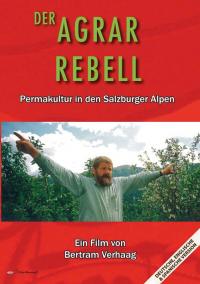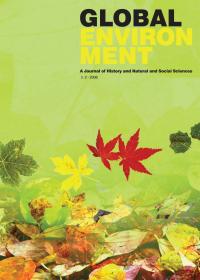"Australian Environmental History: Ten Years On"
The introduction to Australia Revisited, which provides an opportunity to consider the developments in environmental history over the past decade, and reflect on how Australian environmental historiography sits in relation to that of the rest of the world.








